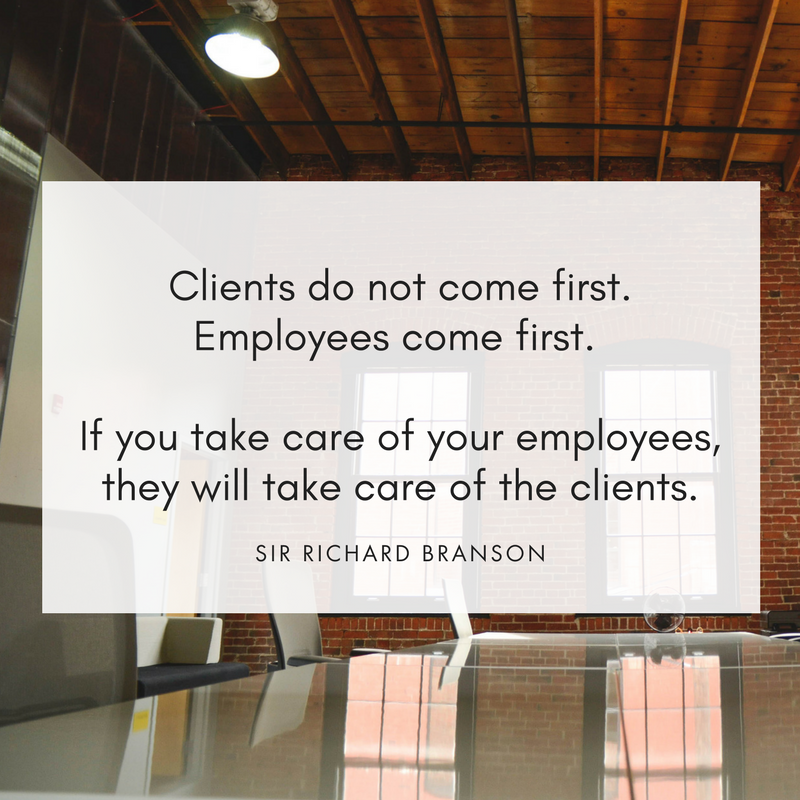What if you arrive at work in the morning to your manager showing genuine care and concern for the grief you are feeling from a sudden and tragic change in your life?
What if management speaks with you directly about ways in which you might be able to correct mistakes you’ve made at work and offers both an empathetic ear and coaching to help you turn things around?
These ‘what ifs’ are the kinds of scenarios that are quickly becoming a part of corporate business strategies leading today’s most influential American workplaces. This shift that is sweeping through high rise office building and state-of-the-art tech campuses has the potential to be positive for all of us.
Welcome to the Compassion Age, where employers align business practices with research that supports that human beings are not separate from human emotions and experiences even while carrying out their duties on the job.
From LinkedIn to Microsoft, company CEOs are steering their workplaces towards becoming environments where compassion is demonstrated from the very top to the very bottom.
“Compassion is defined as the emotional response when perceiving suffering and involves an authentic desire to help,” writes Emma Seppala, the Associate Director of the Center for Compassion and Altruism Research and Education at Stanford University. (http://www.psychologicalscience.org/observer/the-compassionate-mind)
When put in practice, compassion at work means allowing for one to be human on the job without committing career suicide.
“The workplace tends to treat people like just ‘heads,’ but everyone is a whole human who responds naturally to more ‘heart’ such as feeling safe, embraced, or threatened,” says Jane Dutton of the University of Michigan’s Center for Positive Organizations. “So, if we’re serious about building great companies and the human-based capabilities of organizations, we need to learn how to understand and react to the whole human.” (https://michiganross.umich.edu/rtia-articles/business-case-compassion)
When organizations become more intuitive to the true needs of their employees then the organization itself will reap the benefits by seeing bolstered productivity as well as increased employee retention and a more satisfied workforce overall.
Researchers Monica Worline and Jane Dutton of the University of Michigan’s Ross Business School have found that compassion in the workplace allows for five competitive advantages for companies.“Compassion provides the lynchpin in high-quality service and brand loyalty. Compassion heightens employee engagement and commitment. Compassion helps recruit talented people. Compassion fuels learning and innovation. Compassion fosters adaptability and change.”
(http://www.huffingtonpost.com/great-work-cultures/5-surprising-reasons-comp_b_9458888.html)
The benefits of changing the way companies do business means success for the employer as well as the employed. Compassion in the workplace allows for a stronger workforce as well as a healthier one.
Originally published at www.karenmillsap.com


